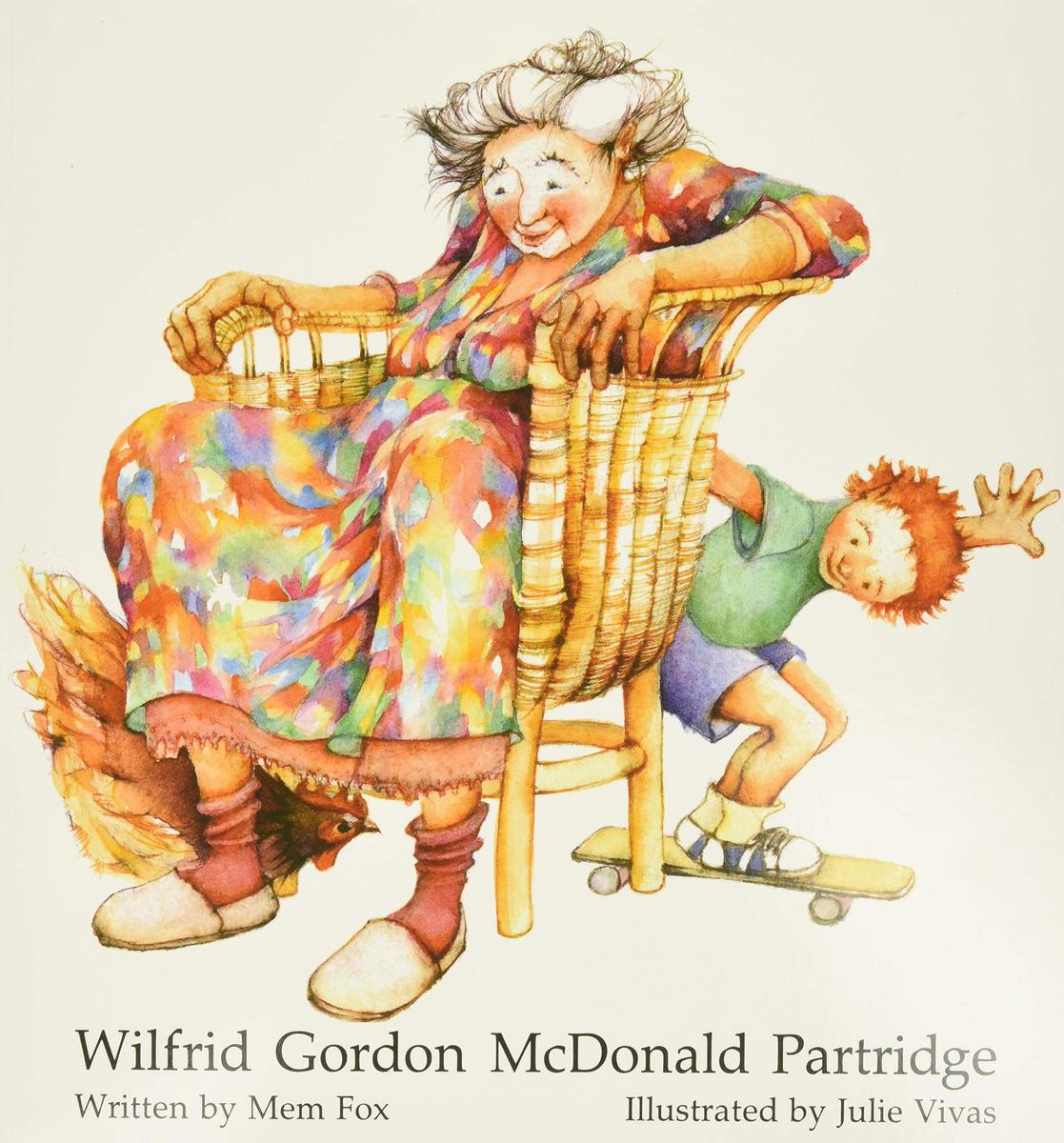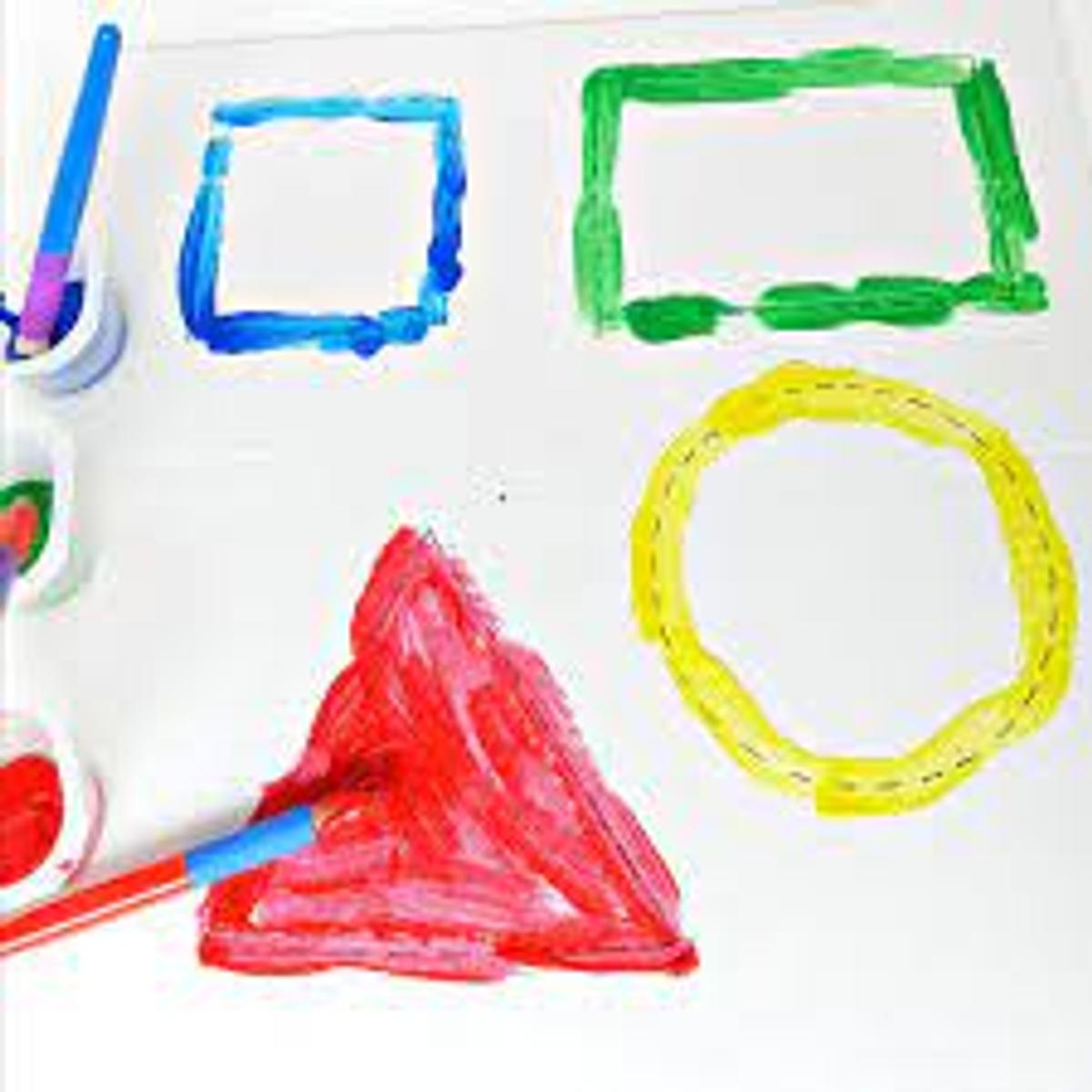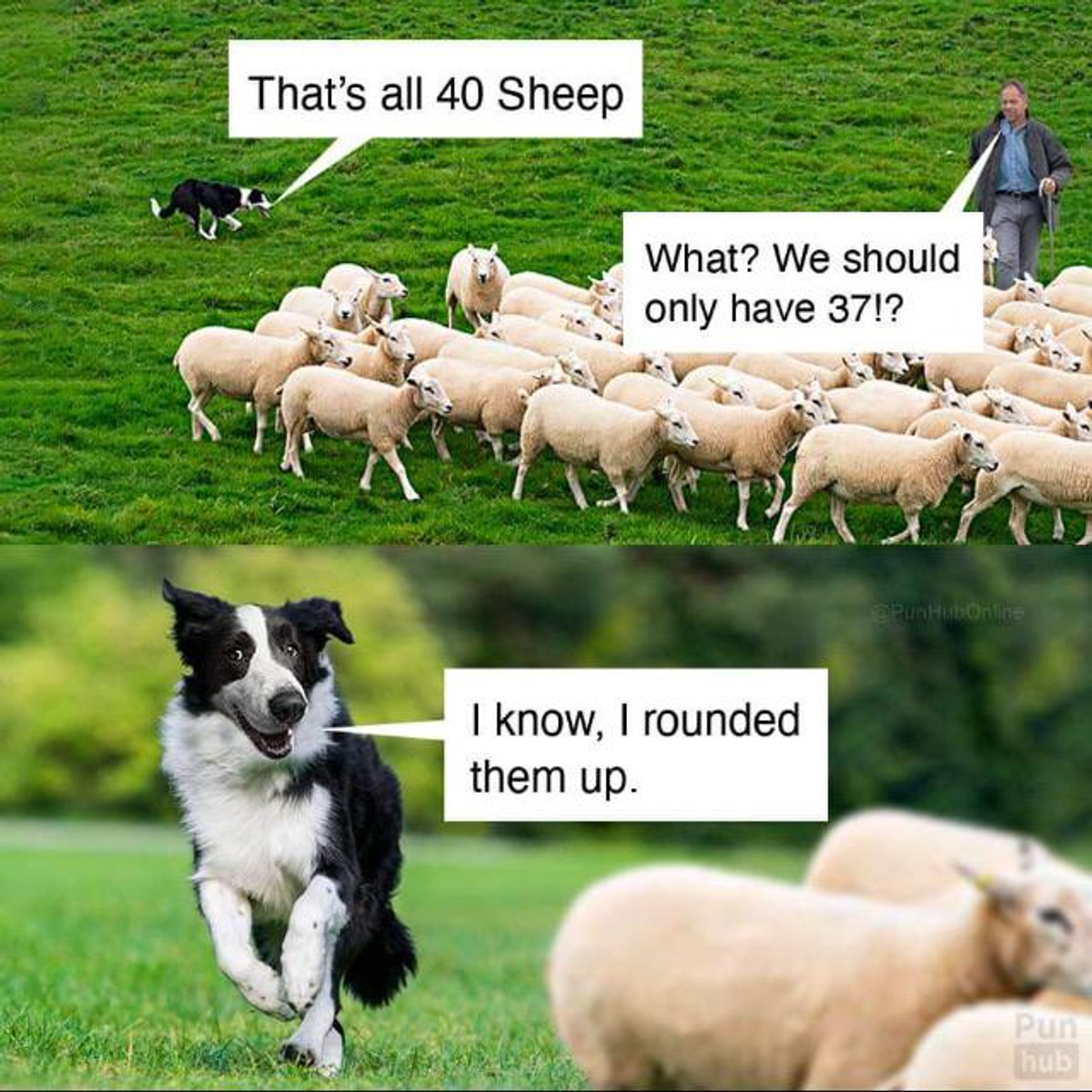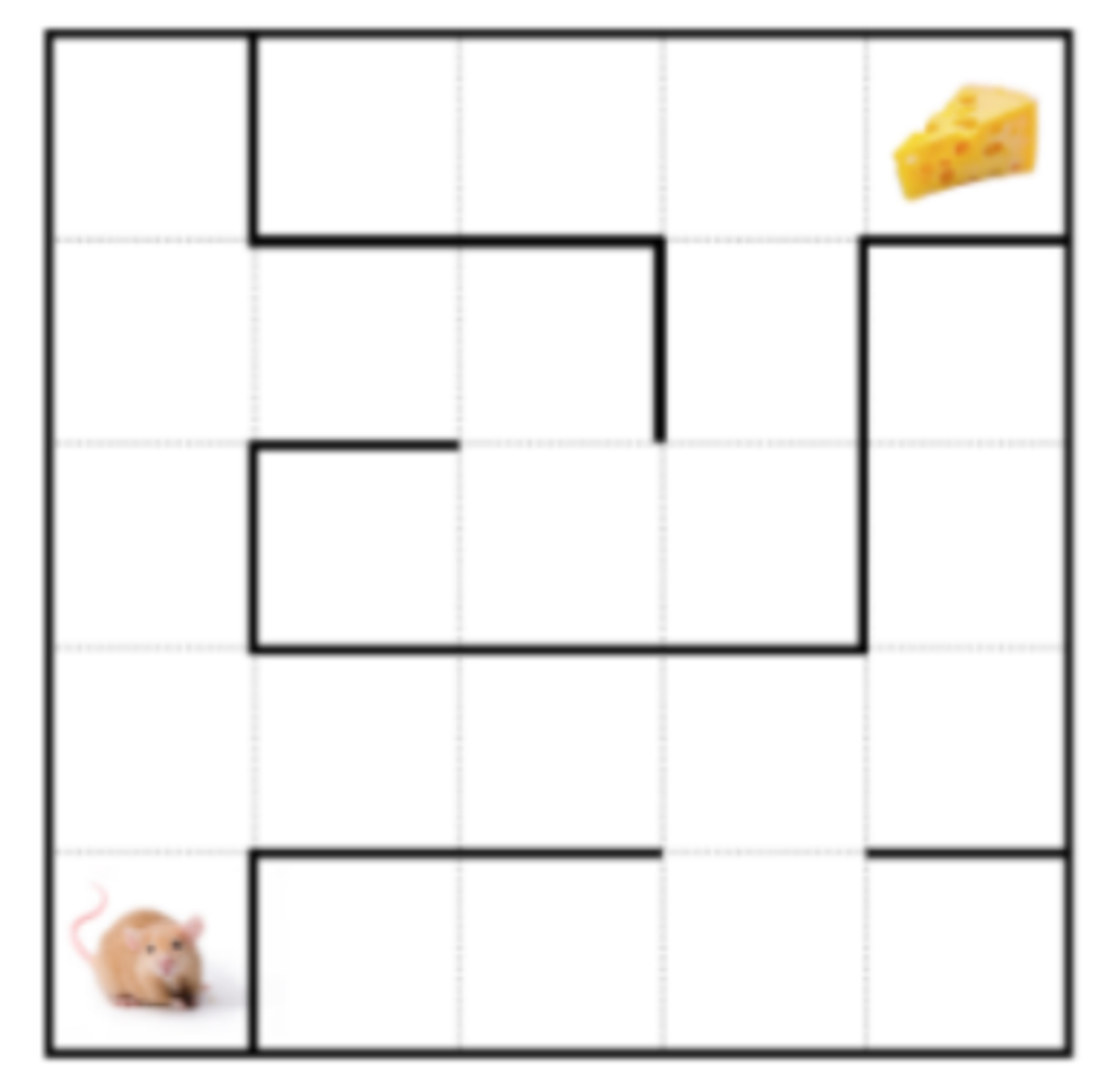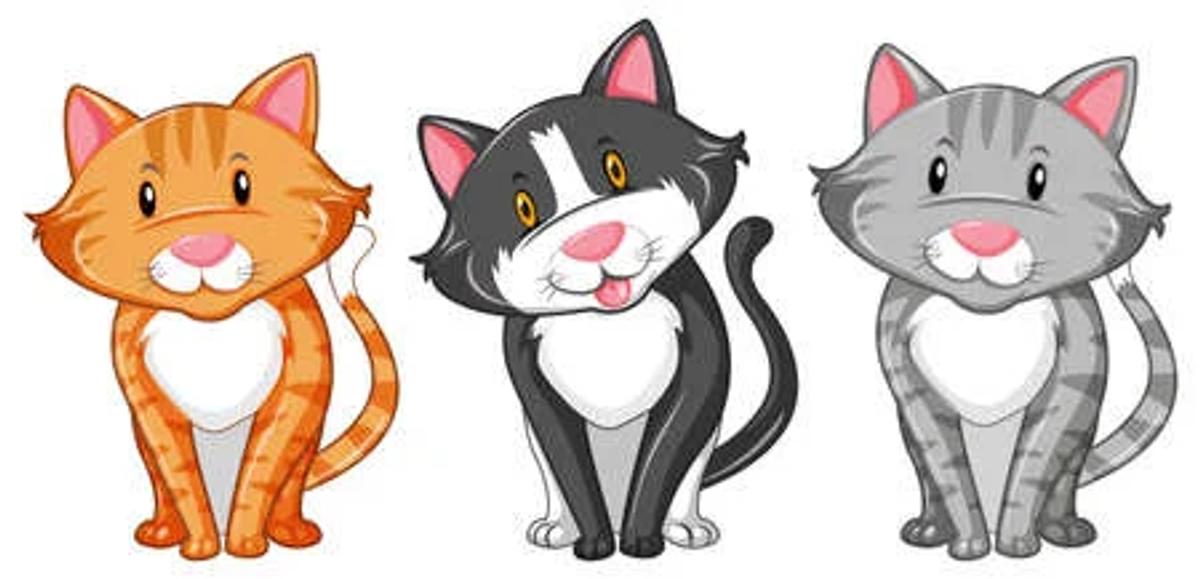The Learning Zone
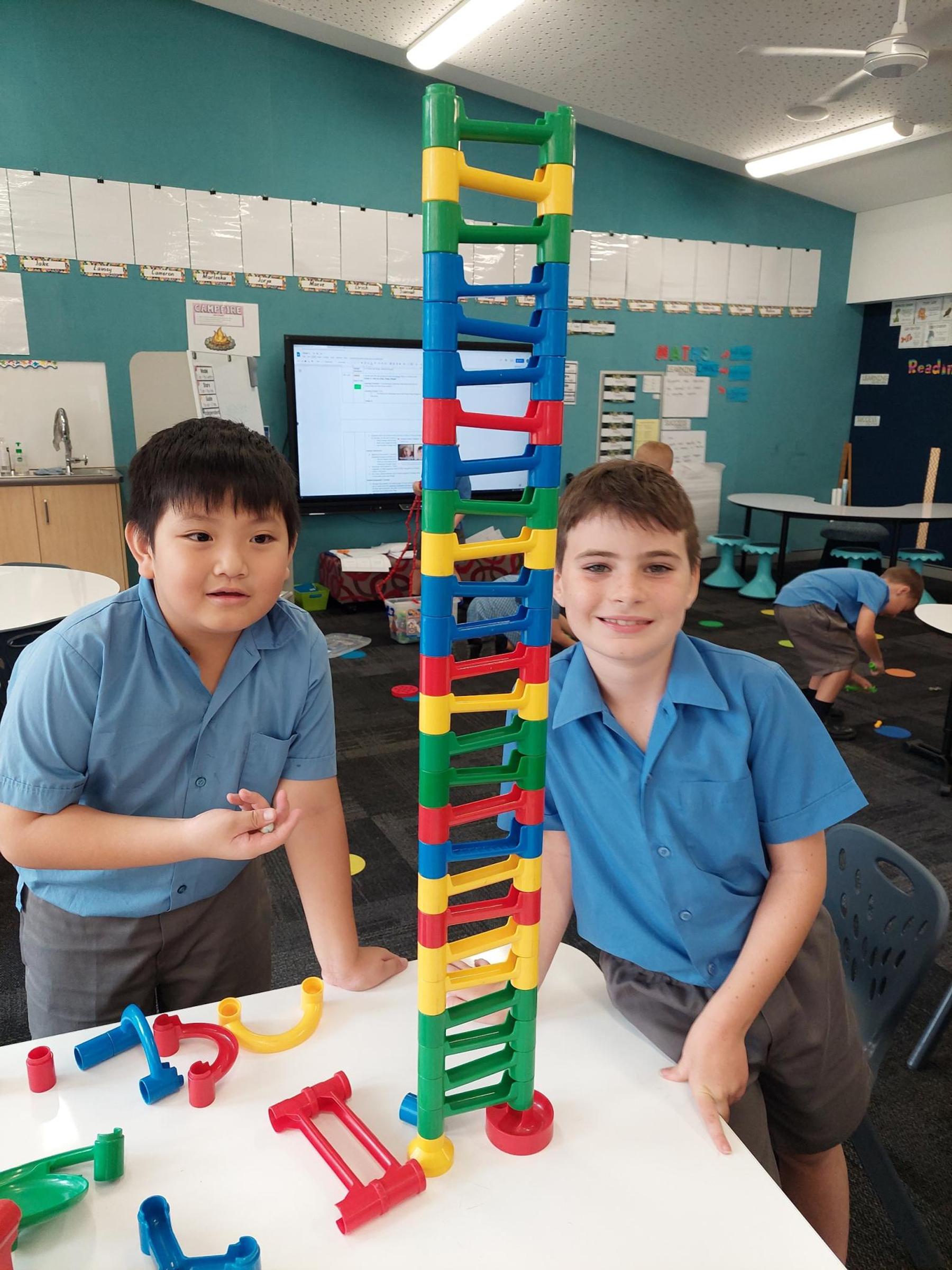
"Education is our passport to the future, for tomorrow belongs to the people who prepare for it today." - Malcom X
Language Development
Talk is essential to writing. Children can only write using language that they know; words they can confidently verbalise and understand.
Words empower children to make sense of the world around them. A wide vocabulary helps them to put their emotions into words, socialise with people, imagine and wonder. According to Deslea Konza from Edith Cowen University in Western Australia, the size of vocabulary, that is, the number and variety of words that children know in the preschool and initial years of schooling, is a significant predictor of reading comprehension in the later years of schooling and of broader academic and vocational success.
Picture books are a great way to support speech and language development. When reading aloud to your child, look for and discuss new or unusual words and explain what they mean. Put the word into a sentence or discuss other words that mean the same (synonyms). For example, in the picture book 'Wilfred Gordon McDonald Partridge' by Mem Fox, one character describes a memory as "Something as precious as gold...". This provides the perfect opportunity to encourage language development with the word 'precious'.
- Discuss with your child what the word 'precious' means - precious means very special, greatly loved or valued.
- Put the word in a sentence - My family is precious. The shells I found at the beach are precious. etc
- Talk about words that mean the same - special, cherished, loved, adore.
If a child can't say it, they can't write it.
Armidale Diocesan Mathematics Initiative (MaST)
Maths At Home:
Kindergarten - 2D Space
Experiences with shapes in Kindergarten should not be limited. It is important that students experience shapes that are represented in a variety of ways, eg 'tall skinny' triangles, 'short fat' triangles, right-angled triangles presented in different orientations and of different sizes, and shapes that are represented using a variety of materials, eg paint, images on the computer or string. Students should be given time to explore materials in order to represent shapes by tearing, painting, drawing, writing, or cutting and pasting.
Stage 1 - Rounding & Estimation
The concept of 'rounding' is an important life skill as it is useful as it is an estimation of a value. Students must have a deep understanding of place value to be able to round a number.
Try this Soccer Math - Rounding Game.
Stage 2 - Position
Cheesey Maze: Jenny has made a maze for her pet mouse to run through. She wants to see if it can get from the start to the cheese. Describe a route the mouse can take to get to the cheese.
1. Where does the mouse start in the maze?
2. Where does the mouse want to get to?
3. Where can the mouse move in the maze?
4. Give instructions for the mouse to go from the start to the cheese.
Stage 3 - Decimals
Three cats problem: Fifi is 0.6 kg heavier than Candy. Candy is 0.3 kg heavier than Ruby. Together, all three cats weigh 16.2 kg. How heavy is each cat?
"Coming together is the beginning, staying together is progress,
and working together is success". - Henry Ford
Have a great week of learning and fun!
Maree Holland & Greg O'Toole

